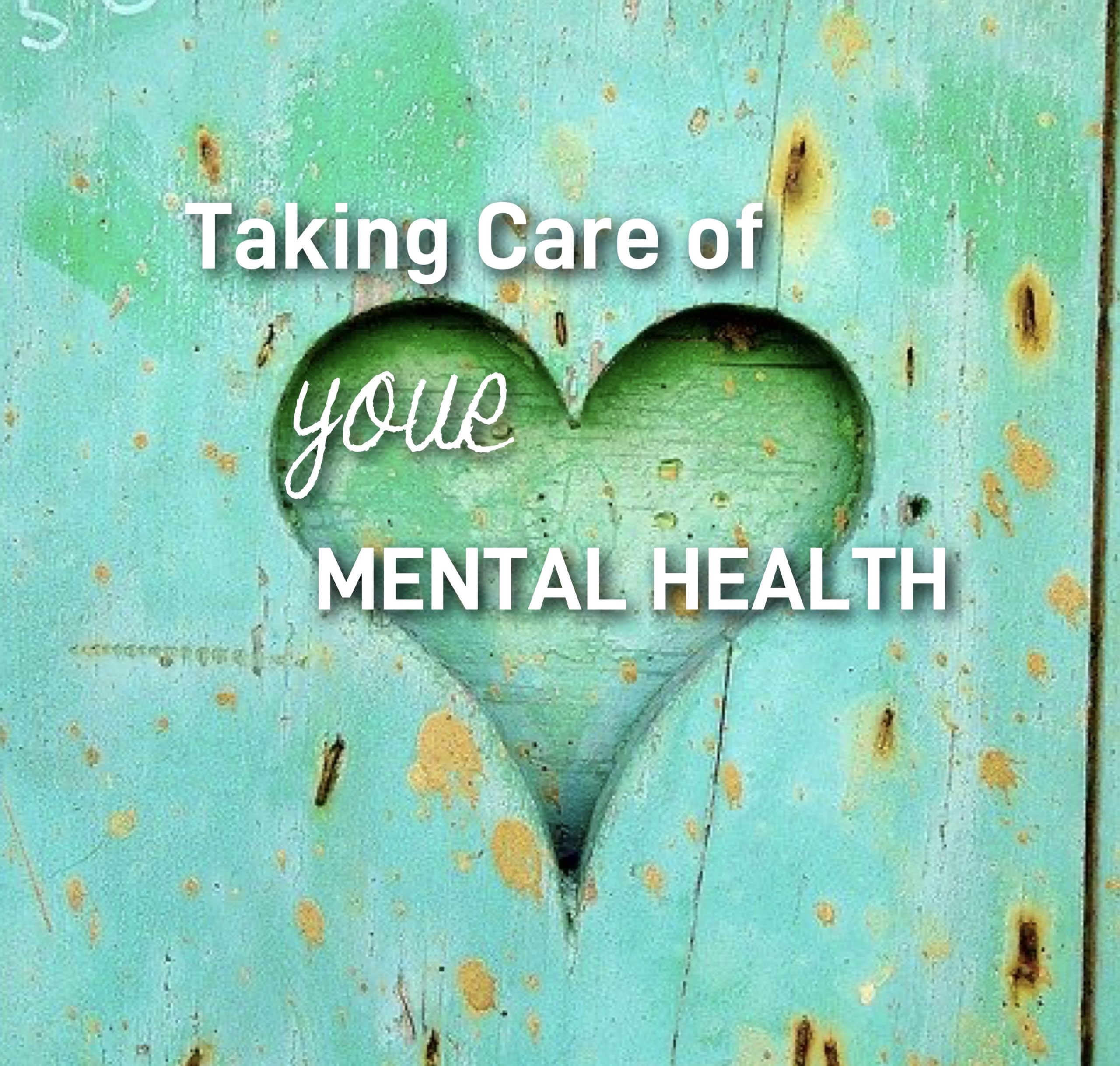
Taking Care of Your Mental Health during a Pandemic
Many website, organization and news channels keep repeating the same phrase: Take care of your mental health. But, what can you do realistically with the current pandemic to take care of your mental health? An important and maybe the first thing a person can do is empower themselves with knowledge and know the facts.
Spread the Facts
The Centers for Disease Control (CDC) began a Spread the Facts campaign to encourage those reporting and seeking information about the COVID-19 pandemic to do just that; spread the facts and reduce rumors. Avoid sensationalized news or gossiping via social media. Reputable sources are the CDC and World Health Organization.
Typical Reactions
Everyone responds in different ways to stressful situations. It is completely OK and expected for everyone to experience a sense of grief or loss during this time when many things have been cancelled. It is also OK to have heightened anxiety or fear about your own health, the health of others you know and care about and increased boredom and feeling lonely.
How to Connect with People
Even though everyone is being extra careful and not socializing as much in person, you can still call, text or video chat with loved ones. Make a point to do this at least once per week. Seeing someone on a video call may not be the same as in person, but it is much better than a regular call. In some cases a physically distanced picnic in the lawn or back deck could work as well.
Other Ways to Feel Happier
Smile. Did you know that when you smile or even force yourself to smile it can trick your brain into releasing chemicals related to being happy? Smiling releases dopamine, serotonin and endorphins. The best thing is to find something that truly creates a smile and think about it first thing in the morning and throughout the day. Perhaps keep a photo or a note close by for a reminder.
Exercise. The benefits of exercise are always mentioned when it comes to physical health. Exercise can also help increase mental wellness and happiness naturally. If a person exercises 20 minutes a day, it can even boost happiness for up to 12 hours afterwards. This happens because endorphins are released, and that makes a person feel good.
What if that’s not enough?
Contact a doctor for a referral or find a therapist. They can work to design a custom plan for wellness. Secure treatment is over the phone or computer with telehealth, providing coping skills for grief, loss, depression and anxiety. They will work with you one-on-one to get you feeling better.
Lifeline Connections is committed to long-term mental wellness for our patients. We offer an integrated, holistic approach that includes therapy and case management. Our doctors specialize in the treatment of co-occurring mental health and substance use disorders, working to solve ones that have a compounding effect. Contact us and reclaim your life.
Sources:
